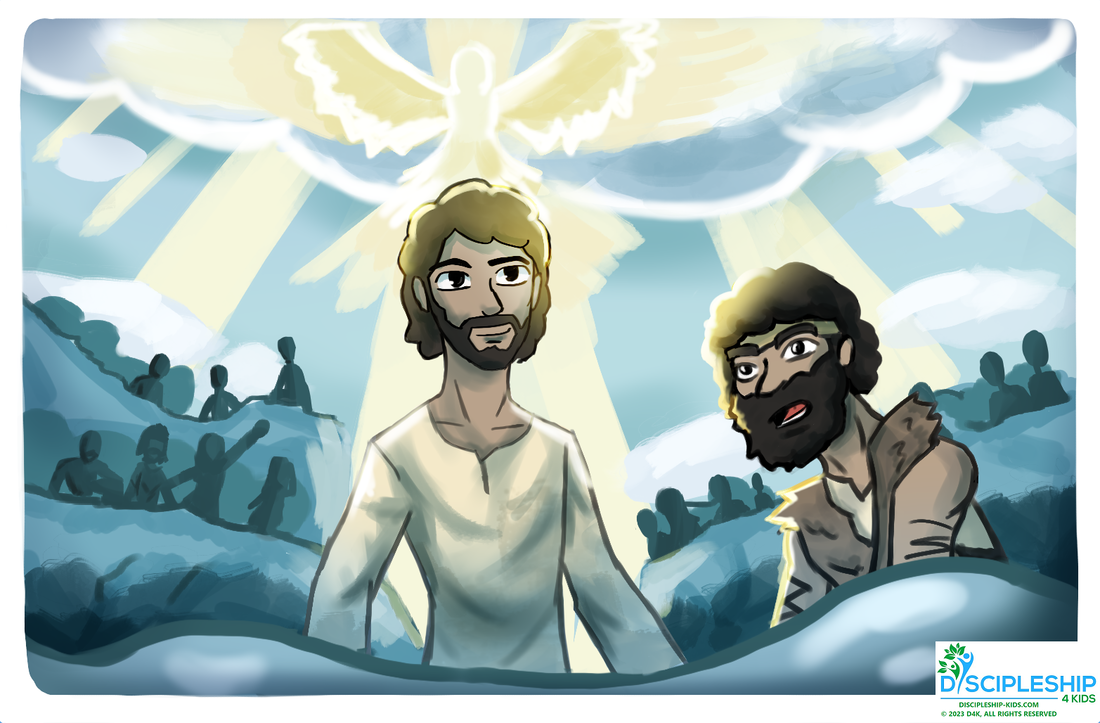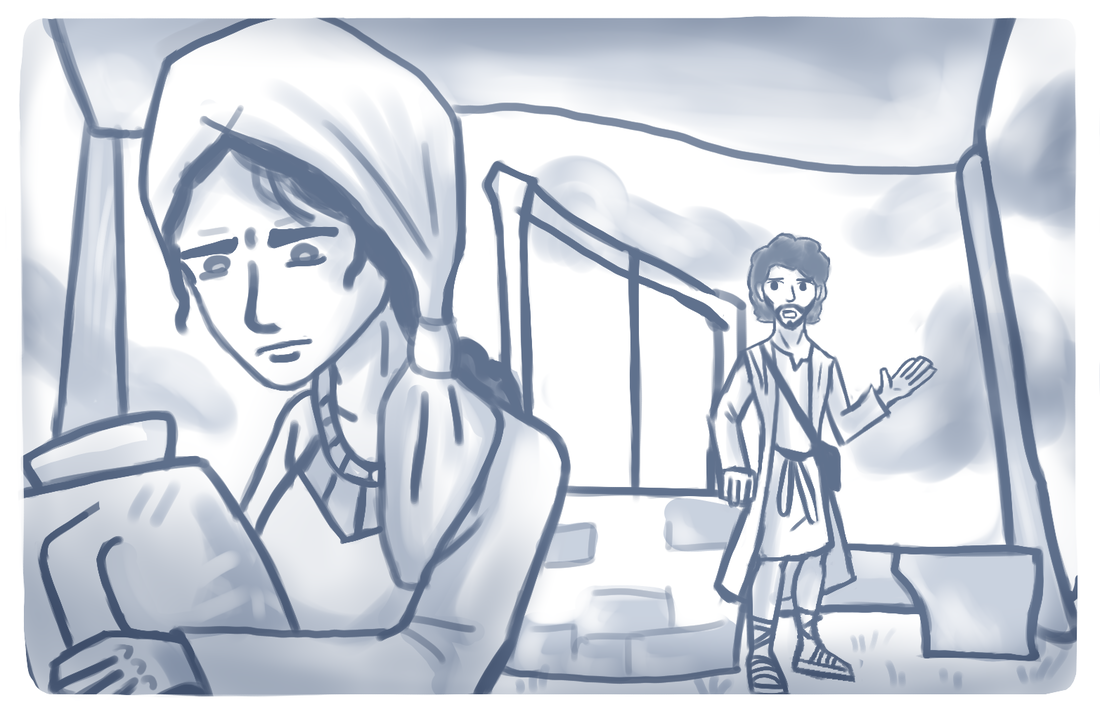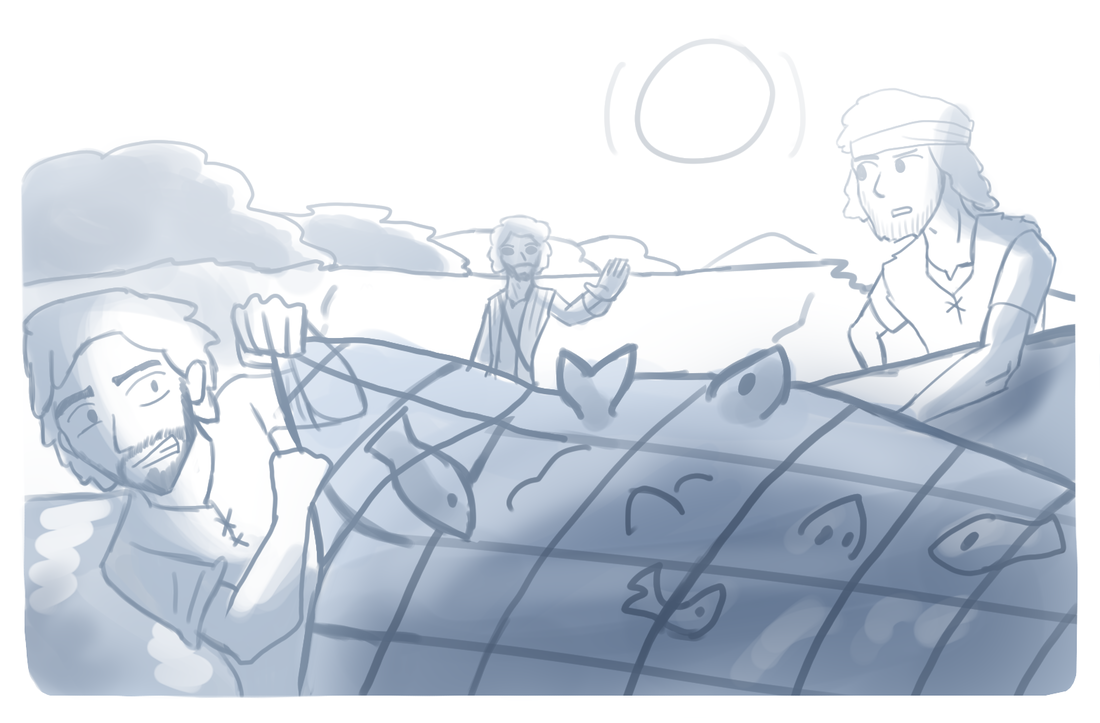N2 Jesus' Early Ministry
Books: Mathew, Mark, Luke, John
Theme: Nurturing Jesus
Summary: John the Baptist prepares the way for Jesus, calling people to repentance.
Jesus is baptised and tempted before starting his ministry by clearing the temple of sin.
Jesus declares the gospel to a Hebrew priest and reaches out to a gentile woman.
He is reject by his own people and then begins to perform miracles and gather disciples.
Theme: Nurturing Jesus
Summary: John the Baptist prepares the way for Jesus, calling people to repentance.
Jesus is baptised and tempted before starting his ministry by clearing the temple of sin.
Jesus declares the gospel to a Hebrew priest and reaches out to a gentile woman.
He is reject by his own people and then begins to perform miracles and gather disciples.
|
2.1 Jesus' Preparation
|
2.2 Jesus Begins Ministry
|
2.3 Jesus Heals & Gathers Disciples
|
Overview for Teachers
It is believed that the gospel's were written in the order of Mark, Matthew, Luke and John.
It is believed that the gospel's were written in the order of Mark, Matthew, Luke and John.
- Mark was close to Peter and therefore likely recorded events from the view of Peter. Peter referred to John Mark as 'my son'.
- Together with these books, many other writings existed. It is therefore believed that the writer's of the gospels drew of these writings to draft a book aimed at their target audience.
- Mark does not have the birth of Christ document, but does focus on that later stages of this life. Therefore it is also likely that Matthew sought to record these events to confirm that Christ came from the house of David.
- Luke sought to carefully document history, putting events in chronological order. Therefore when studying these books chronologically, this book is a credible source. He provided the gaps around and in the birth of Jesus. As there were other well documented writings on the sermon on the mount, including Matthew's, he also did not go the same lengths in documenting this.
- The book of John was written many years later. John would have known what was documented historically in the other three books documented the facts, John wrote his book so that 'we may believe'. However, in addition to this, it is believe that John's book is a supplement to history. His eye witness events that are unique in his book (and not in the others) is intentional to ensure all facts known are recorded.



